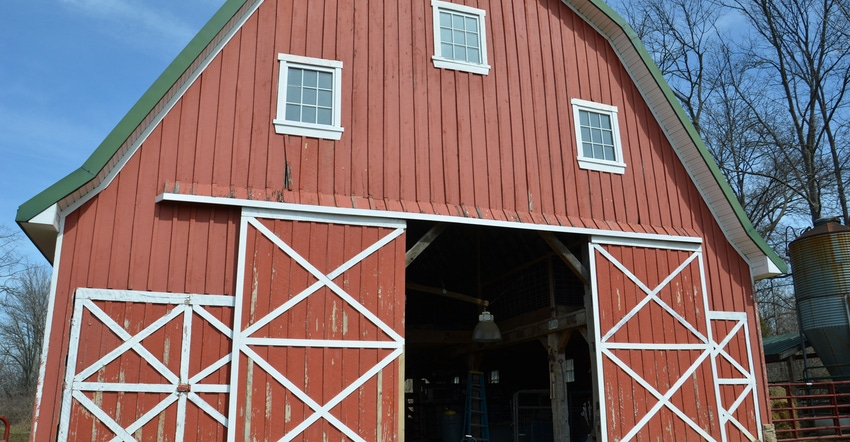April 29, 2017

Transferring business management between generations is one of the most critical steps in transitioning a business from an older generation to a younger generation. Having said that, in numerous instances, this step is given little thought.
Transitioning management can’t be done overnight, and often requires a trial-and-error approach before it’s determined how each generation fits into the multiple-generation business.
In this discussion, I assume the two parties can work together, and that the business is large enough to support two generations. Those are major assumptions that aren’t always met.
Get more INSIGHT: Download Farm Succession Planning now!
This means the older generation is ready to bring in a new generation and begin turning over management, control, ownership and income; and the younger generation is committed. In addition, I assume that both parties agree on the future direction of the business. In other words, the parties involved need to share a common vision of their future together in farming.
Start the transfer process
How does the farm start the management transfer process? Even before the younger generation returns to the farm, it’s imperative that both the younger generation and the older generation think about the skills the younger generation is bringing to the operation, and how these skills can be effectively utilized.
We often want to hire individuals who are like us. In a small business, hiring someone who is like you or bringing in a family member who has a similar skill set is problematic. For example, someone needs to keep and analyze records, procure inputs, market crops, and manage personnel, even if nobody is passionate about these activities.
Management tasks cannot be transferred overnight. Typically, the younger generation is given some responsibility relatively soon after joining the operation. For example, they may be assigned responsibility for a small area or part of the decision-making process for an enterprise or function.
Ask tough questions
I have found the following two related questions helpful when determining where to start the management transfer process. First, what specific areas is the new generation passionate about? Second, does this passion for specific areas correspond with areas in which they are skilled or have experience?
We’ve briefly discussed initial steps when transferring business management. Other pertinent considerations include assigning decision-making authority, dividing management responsibility and the older generation’s plan to eventually withdraw from management. More information pertaining to business planning and strategic management can be found on the website for the Purdue Center for Commercial Agriculture.
Langemeier is assistant director of Purdue University’s Center for Commercial Agriculture. He writes from West Lafayette.
About the Author(s)
You May Also Like






